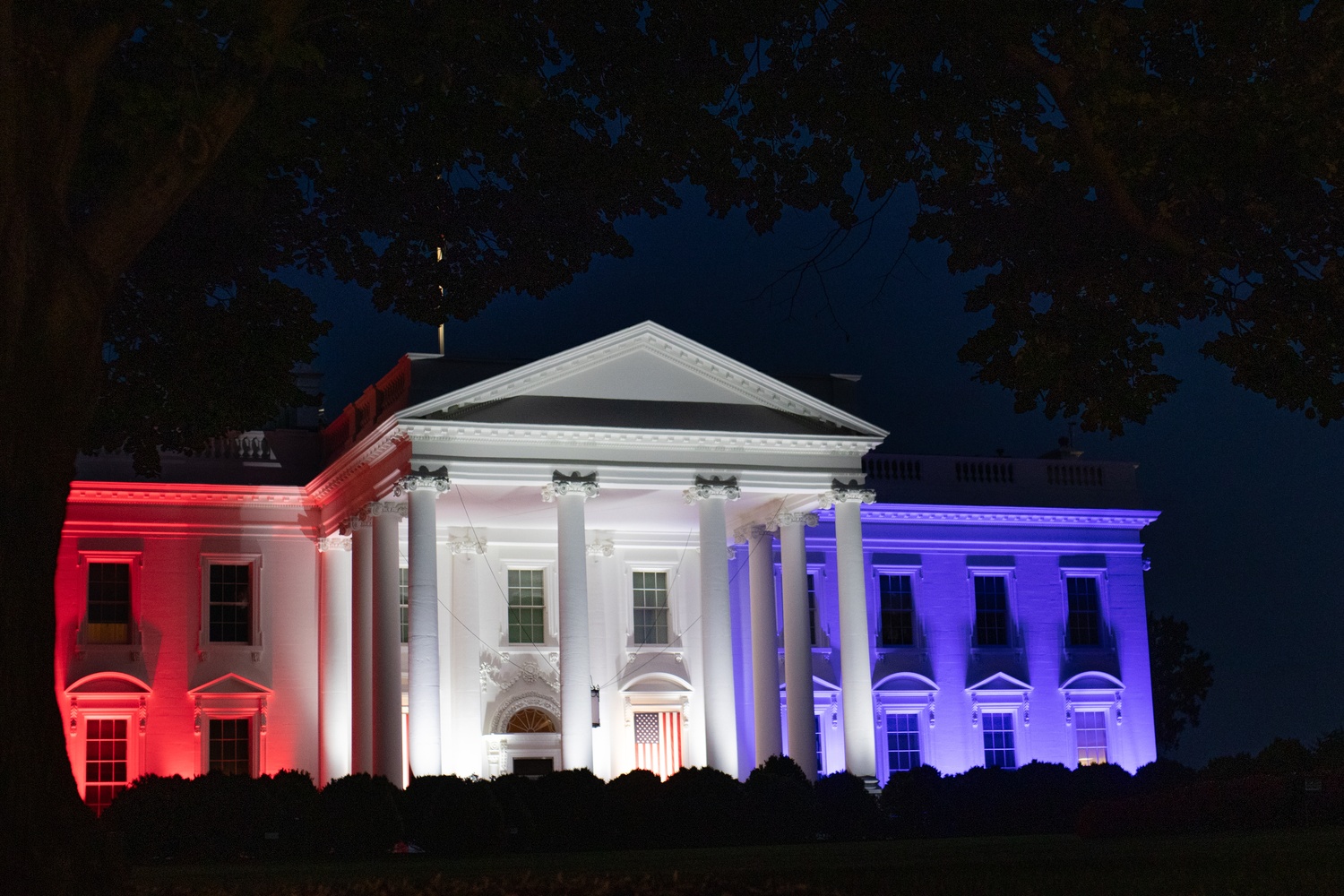
News
Summers Will Not Finish Semester of Teaching as Harvard Investigates Epstein Ties

News
Harvard College Students Report Favoring Divestment from Israel in HUA Survey

News
‘He Should Resign’: Harvard Undergrads Take Hard Line Against Summers Over Epstein Scandal

News
Harvard To Launch New Investigation Into Epstein’s Ties to Summers, Other University Affiliates

News
Harvard Students To Vote on Divestment From Israel in Inaugural HUA Election Survey
The Free Speech Battle Isn’t Over Yet
In the battle between the highest ideals of higher education and the Trump administration, the law is once again on our side.
This week, a federal judge ruled that the Trump administration’s wielding of immigration policy against international students and faculty involved in pro-Palestine advocacy violated the First Amendment. The Harvard chapter of the American Association of University Professors was among those who sued and won.
This outcome is certainly a victory, but the fight is far from over.
The court’s decision is a welcome affirmation that free speech protections apply to all, regardless of citizenship status or federal government whims. Now, to defend the promise of the First Amendment on campus, it’s time for Harvard to turn its sights inwards to continued threats to speech on campus.
Judge William G. Young ’62 noted that the Trump administration’s tactics aimed to scare pro-Palestine individuals into silence. And it worked. Throughout the case, faculty testified that noncitizens on college campuses kept quiet out of concern that they would be arrested or deported.
While Judge Young’s ruling is vital in protecting student speech, you can’t unring this particular political bell. The five arrests which led to this lawsuit — including those of Rumeysa Ozturk and Mahmoud Khalil — will continue to haunt noncitizen students and affiliates. Anyone who has even heard their stories will undoubtedly think twice before speaking their minds or engaging in campus activism.
Worse still, there’s also no guarantee that the federal government will discontinue its craven deportation policy. This administration has shown, time and time again, its apparent disregard for due process.
It falls to Harvard, then, to protect all viewpoints expressed within its gates — popular or not.
So far, our University’s efforts have left much to be desired. While the Harvard AAUP chapter was behind the lawsuit, the University kept its distance — despite our urging. With no apparent legal — or even rhetorical — support of their faculty’s efforts, we’re disappointed by Harvard’s continued tight-lipped approach when it comes to speech about Palestine.
Judge Young’s words bear repeating: “The only Constitutional rights upon which we can depend are those we extend to the weakest and most reviled among us.” Harvard would do well to take them to heart.
President Donald Trump’s claim that a deal between the University and the federal government is on the horizon only serves to raise the stakes. Now — with yet another success in the legal system — is not the time for us to roll over at an authoritarian government’s behest.
Instead, it’s time to redouble our efforts to secure a vital speech culture on campus. The proceedings of the lawsuit revealed that the Trump administration relied on Canary Mission – a prominent doxxing website – to launch its campaign against noncitizen students. Doxxing sites like this one scrape social media, catalogue protest attendance, and offer to publish anonymous student testimonials from our classmates, compiling all this and more into an online profile.
These platforms thrive on fear, not dialogue. We must allow our peers, including those with whom we disagree, to speak without threats to their safety like deportation or harassment.
The Trump administration, by using sites like these to target individuals, has shown that they are ready and willing to come for students based on their ideas.
Nobody deserves to be deported for discourse. It’s time for Harvard to meet the moment.
This staff editorial solely represents the majority view of The Crimson Editorial Board. It is the product of discussions at regular Editorial Board meetings. In order to ensure the impartiality of our journalism, Crimson editors who choose to opine and vote at these meetings are not involved in the reporting of articles on similar topics.
Have a suggestion, question, or concern for The Crimson Editorial Board? Click here.
Want to keep up with breaking news? Subscribe to our email newsletter.

